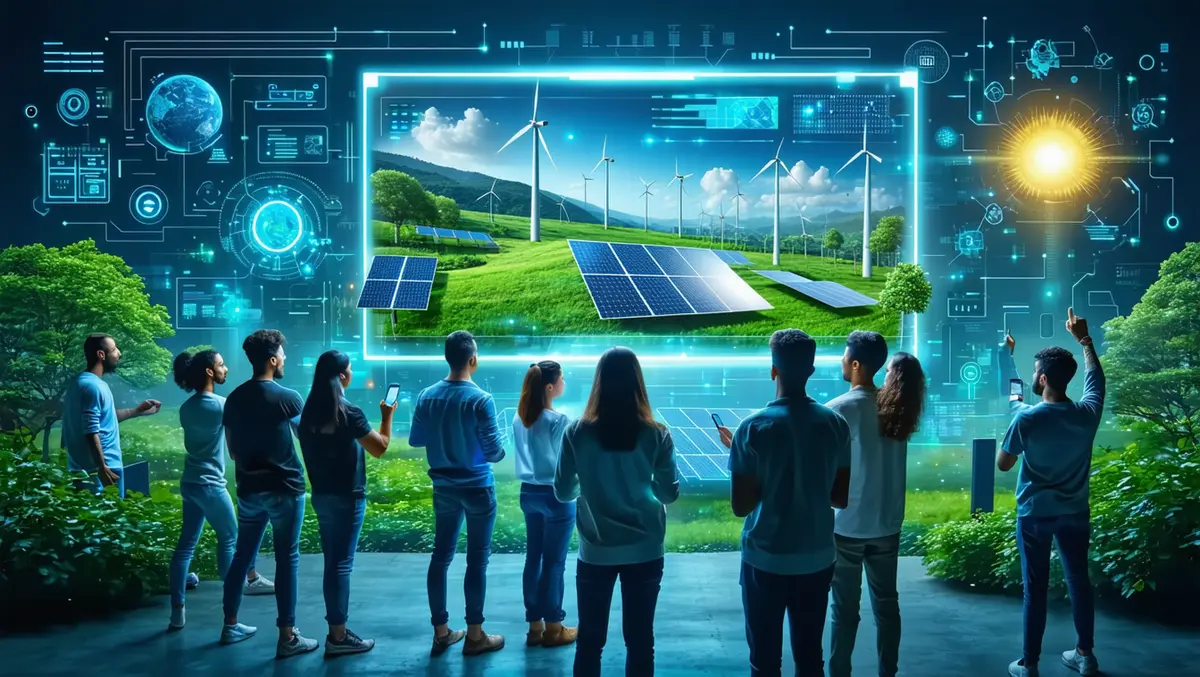
BT introduces tools to ease net zero technology anxiety
New research by BT reveals that a significant majority of UK business leaders are experiencing anxiety related to meeting sustainability targets, with 72% expressing stress over the initiative to achieve Net Zero emissions.
The study highlights that while 56% of businesses maintain an optimistic outlook towards meeting these sustainability goals, a notable 22% of business leaders plan to make investments in sustainable technology over the upcoming year. This includes initiatives such as circular IT involving the use of refurbished or remanufactured computers. This gap in planned investments suggests a hesitancy despite positive sentiment.
With the UK Government's recent announcement of ambitious climate goals — an 81% reduction in emissions by 2035 — there is increasing pressure on businesses to adopt technologies that align with their Net Zero targets. However, 40% of senior executives report experiencing "investment paralysis" due to the stress of selecting suitable technologies, potentially hindering progress towards these goals.
BT is addressing this challenge by launching a range of innovations aimed at supporting business leaders in alleviating their technological anxieties and facilitating smarter operations through digital connectivity. These solutions focus on refining digital infrastructure to enhance efficiency and include new carbon measurement technologies.
Central to these initiatives is BT's introduction of a Carbon Network Dashboard. This tool provides comprehensive insights into a business's digital carbon footprint, detailing the energy consumption and carbon emissions resulting from their network and data centre operations. The dashboard assists customers in striking a balance between performance, electricity costs, and carbon emissions, thus aiding their sustainable development efforts.
The upgraded dashboard can notably highlight the energy consumption patterns of applications, including those utilising data-heavy AI tools. This feature enables businesses to understand the environmental impact of their technological utilization.
BT is also advancing network efficiency by transitioning from legacy infrastructures like analogue copper landlines and 3G to more energy-efficient digital networks such as 5G and full fibre broadband. This strategic move away from the Public Switched Telephone Network (PSTN) is expected to significantly cut down the UK's energy use by 90GWh by the close of 2025, which translates to powering approximately 24,000 homes for a year.
Further improvements include the implementation of "cell sleep" technology across BT's EE mobile network sites, which uses machine learning to deactivate 4G masts during low-demand periods, contributing to annual energy savings of 4.5 million KWh. These measures form part of BT Group's commitment to achieving Net Zero by March 2031.
Sarwar Khan, Sustainability Director - Business at BT, commented, "As environmental, commercial and political pressure builds, sustainability isn't a nice to have; it's business critical. Tech can be a tool to help businesses tackle climate challenges, but it's not a silver bullet — and our research tells us that anxiety around where and how to invest is holding organisations back."
Khan further added, "With data use continuing to soar in the AI age, our job is to show customers that when it comes to digital sustainability, we've got their back. We're building efficiency into our networks from the ground up, and layering on the tools to help businesses understand how technology impacts their energy use — so that scaling up their digital footprint doesn't have to mean scaling up their carbon footprint."


